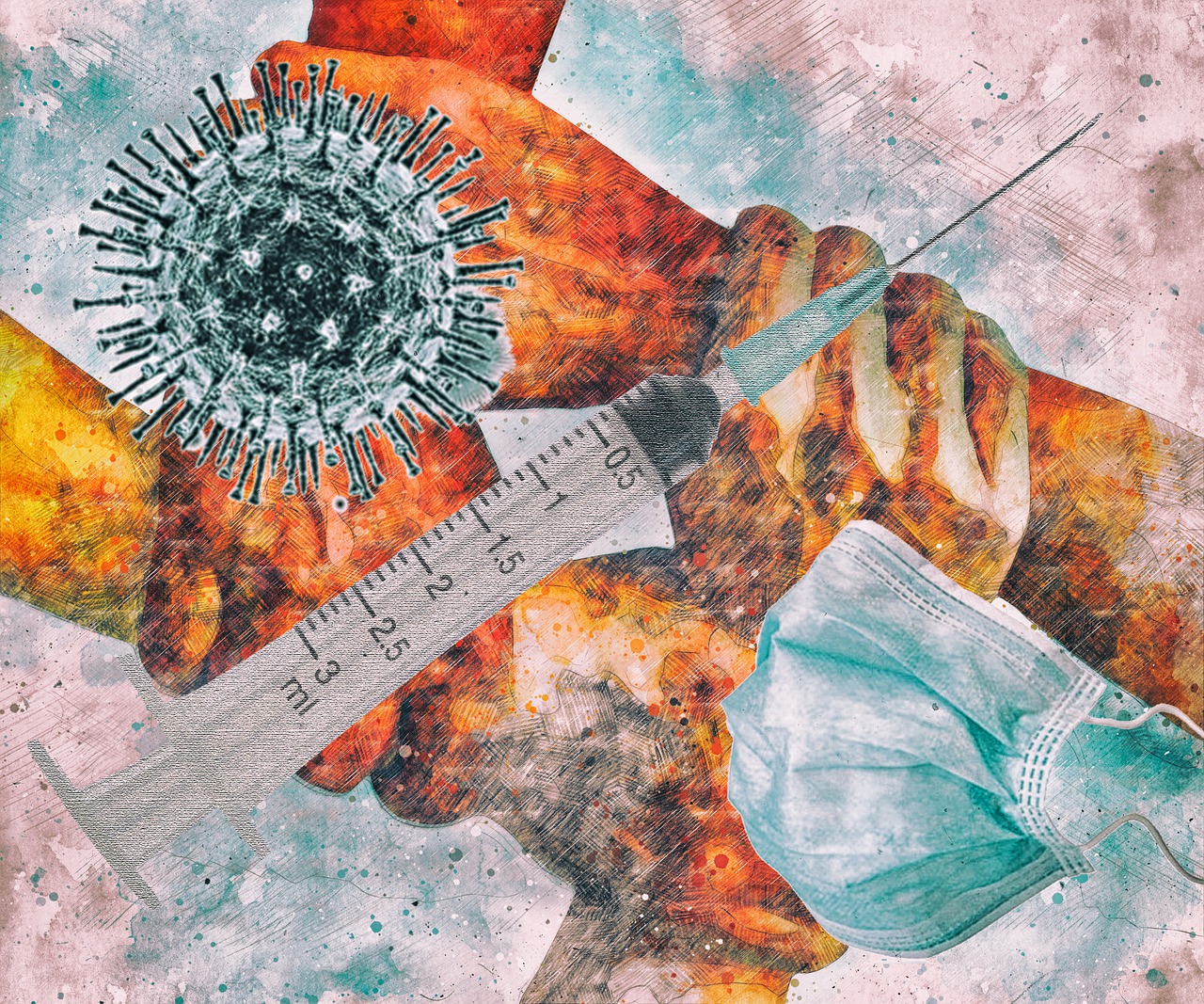The communication and adoption of Indigenous Knowledge and African ethical approaches during the vaccination drive for COVID-19 in South Africa

The faculty of Humanities and Social Sciences at the University of Zululand (UNIZULU) recently hosted a Vice Chancellor’s webinar themed: “The communication and adoption of Indigenous Knowledge and African ethical approaches during the vaccination drive for COVID-19 in South Africa”.
Dr Toyin Adetiba, the lecturer in the Department of Politics and International Studies facilitated the discussion for the day which was centered around people’s science versus biomedical science.
The webinar was presented by Leslie Bank, Deputy Executive Director in the Human Sciences Research Council (HSRC) and Dr Nelly Sharpley from the Walter Sisulu University (WSU). Prof Bank is an extra ordinary professor of Social Anthropology at WSU. His recent published book is City of Broken Dreams. Prof Bank sees education as a drive of social transformation and ubuntu and he also strives in teamwork and of course a leadership in management. Dr Sharpely is a sociologist, former Head of the Department of Social Sciences at WSU, a mentor, a developer, a community engaged researcher, scholar, writer and an innovative academic.
The discussions were around how people from rural areas were not given the opportunity to handle the pandemic their own way and that is if there were means of handling it and which means the management of the pandemic in South Africa is alleged to be about the rich and not the poor. “The South African state created a command council linked to cabinet that followed the northern discourse, especially through China. The command centre was dominated by medical doctors, no indigenous leaders and no community healers. There was no community engagement from the various strategies that the council adopted in relation to the pandemic. Citizens that could not be trusted to police their own bodies, self-regulation in a kind of northern liberal rights orientated understanding needed to be suspended in the interest of the “public good”, which were the bases of control,” said Prof Bank.
The speakers argued on how South Africa and the management of the pandemic was not divided as many as now suggested which is the rich, the poor, suburbs, and township. Furthermore, they discussed on how the process of life to death was not respected in that once a person dies of Covid-19, he or she is buried without the usual rituals that accompany the passage of life after life as practiced by the indigenous people of South Africa.
Fundamental to the life of South Africans is the culture of rituals after death but this was jettisoned by the government during the pandemic thus given the funeral homes the opportunity to manage everything.
In consequence, biomedical regime was given an important space above the indigenous practices.
- Sinenhlanhla Ngcongo














Leave a Reply